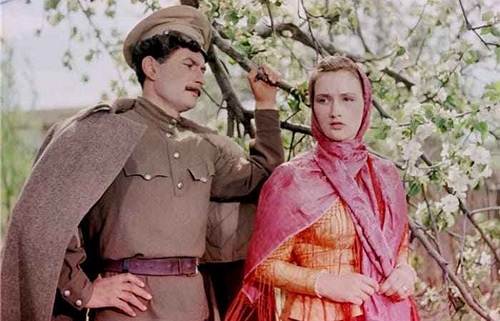
Authorship Proven by Mathematics
Marking Mikhail Sholokhov's 115th anniversary (1905-1984), linguists Boris Orekhov of the HSE and Natalya Velikanova of the Moscow State University confirmed his authorship of the epic novel about the Don Cossacks. The researchers were able to attribute the novel using the text distance measure proposed by John Burrows. Termed Burrows' Delta, it provides a simple and reliable method of attributing or confirming the authorship of various texts.
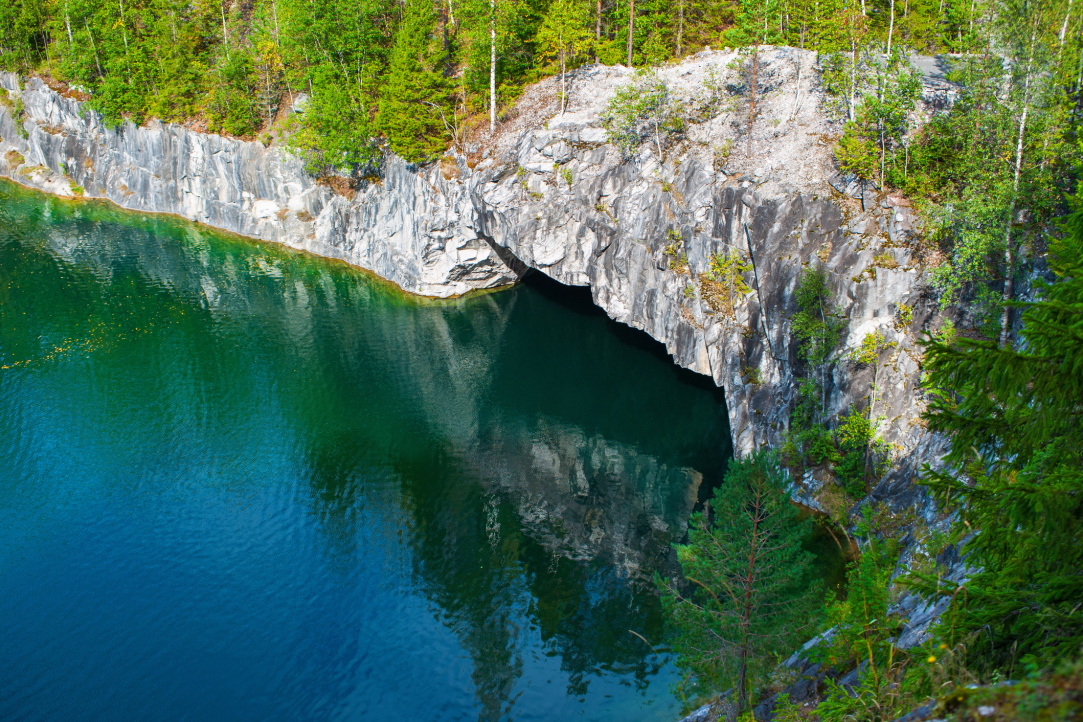
Russian Academy of Sciences Awards Gold Medal to HSE Professor of Geography and Geoinformation Technology
Professor Sergei Semenov, head of ‘Global Changes in the Natural Environment and Climate’ sector, was awarded the chief award of the Russian Academy of Sciences in the field of environmental change.
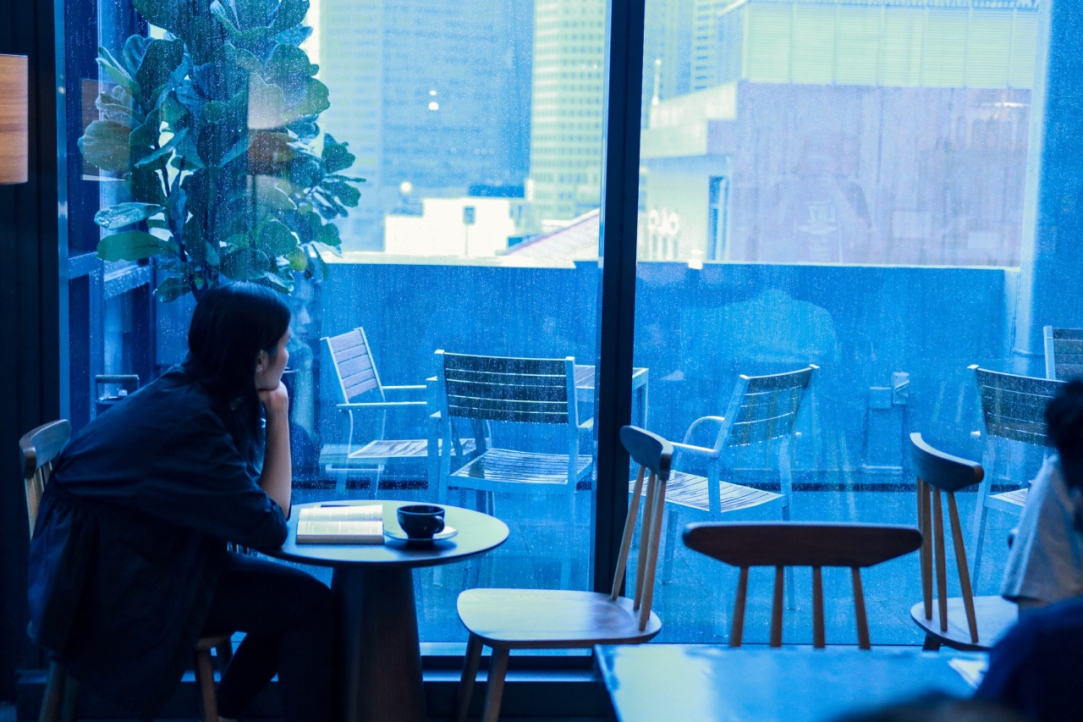
COVID Downfall and the Fear of Returning to the Offices: Pandemic Impact on Russia and the World
In this, the fifth issue of our newsletter, HSE experts comment on the government’s 'Action plan for the business and citizens income recovery and economic growth', elaborate on the May outcomes of the OPEC+ deal and analyze how psychologically challenging it will be for Russian employees to go back to their offices.
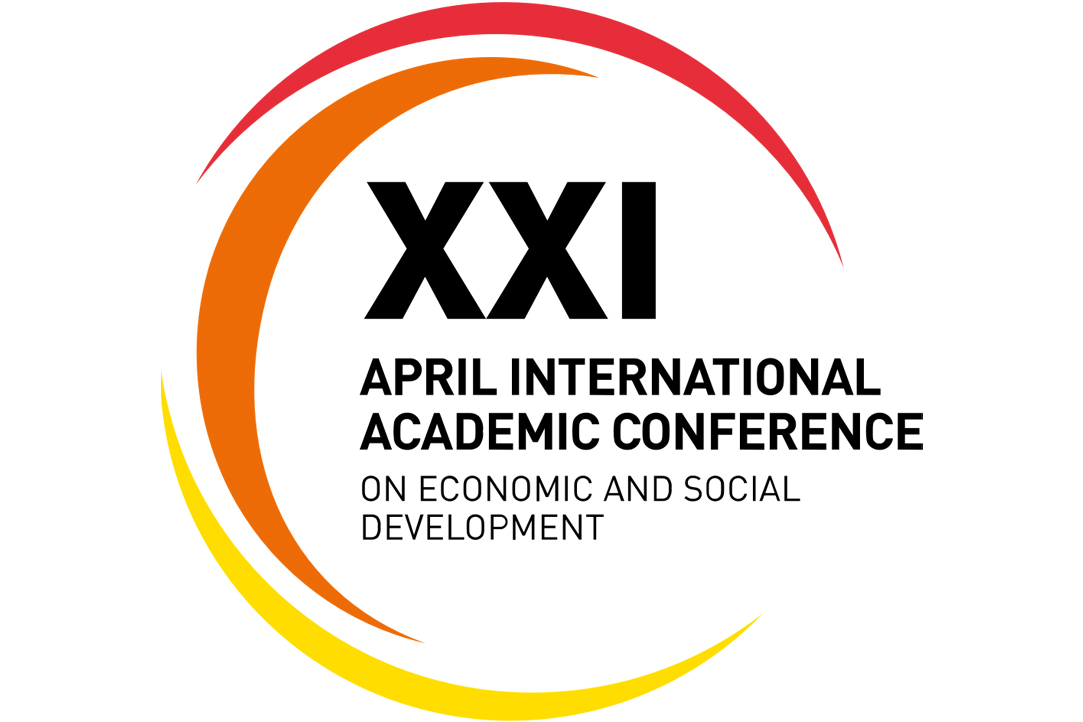
HSE Wraps Up Its First April Conference to Be Held Online
As it entered its third decade of existence this year, HSE University’s annual April Conference experienced a first: it was held in an online distributed format. HSE News Service spoke with organizers and participants about the event.
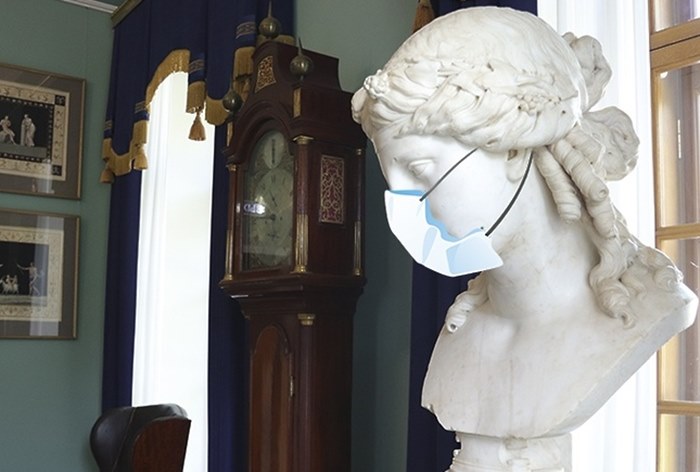
Museums Learn to Cope with Quarantine
Approximately six months before the introduction of restrictive measures, the Laboratory of Cultural Economics at the St. Petersburg campus of HSE began a study of how Russian and foreign museums conduct their online educational activities. The researchers released their initial findings in late January 2020, having managed to “take the temperature” of this market before the pandemic hit. Professor Valery Gordin and Research Associate Irina Sizova explain what it was like before the coronavirus crisis and how it will look afterwards.
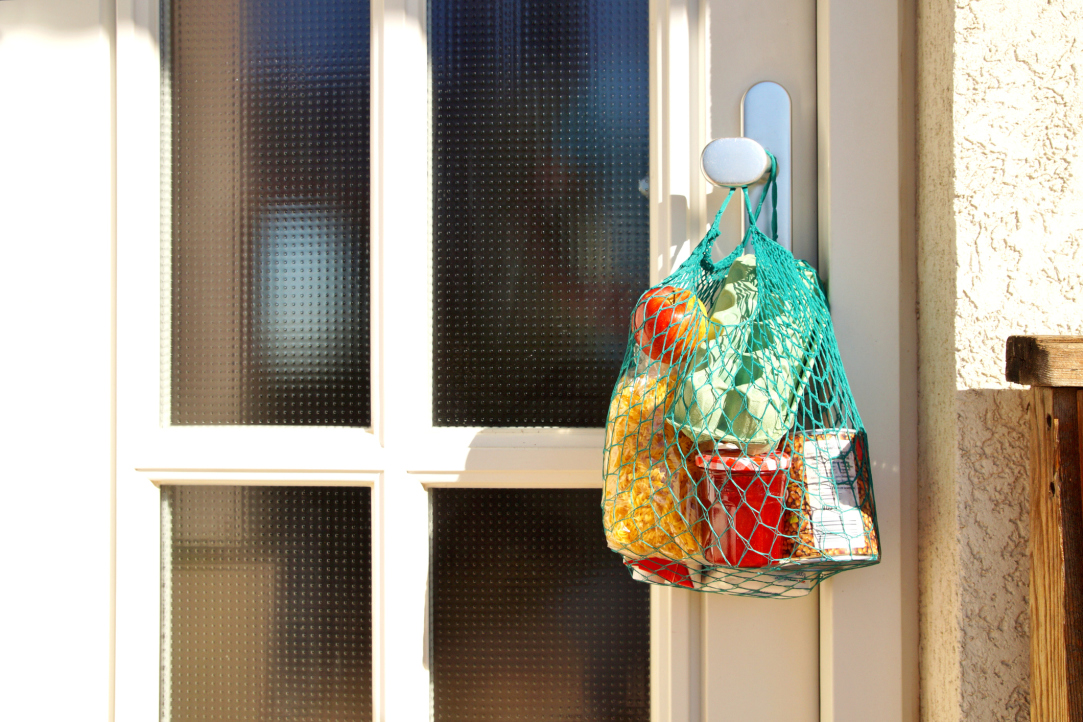
Income, Poverty and Employment in the Age of COVID-19: Anti- and Post-crisis Social Protection Policies
Many countries discovered that their social support systems were unprepared to respond quickly to the coronavirus crisis and that emergency measures were needed to protect incomes and jobs. This was the message that experts of the HSE Institute for Social Policy, Financial Research Institute (FRI) and World Bank delivered at a joint seminar.
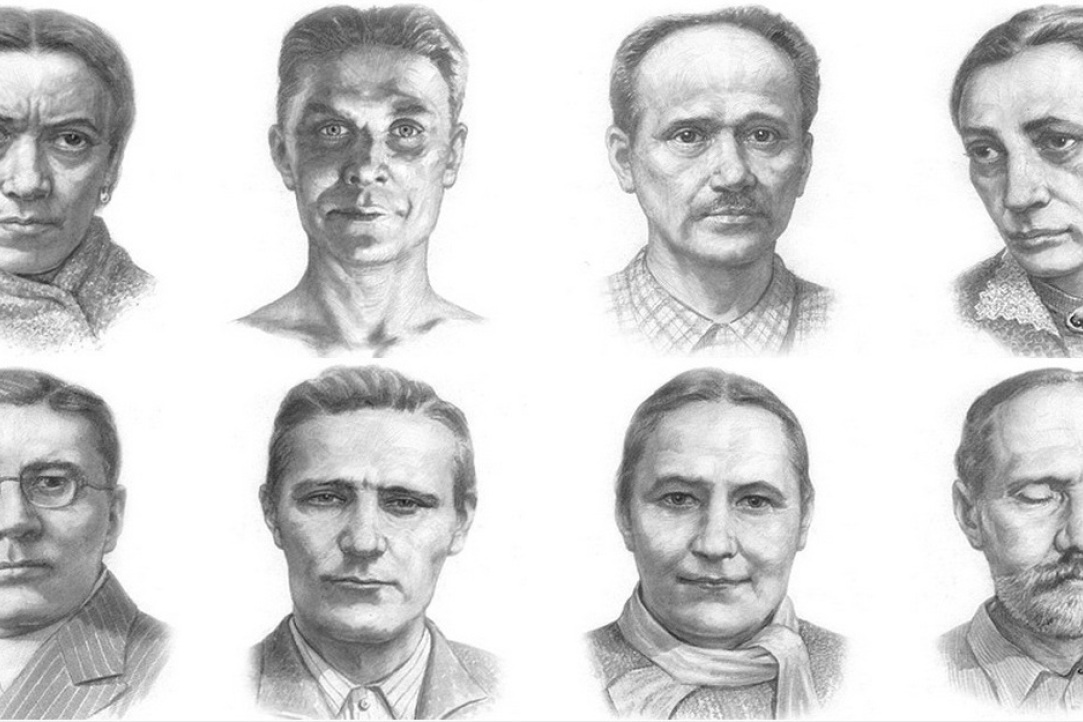
Neural Networks Can Now Make Personality Judgments Based on Our Photographs
Many people are able to recognize the personality traits of the person they are talking to by their facial features. Experts in non-verbal communication can do this even with a photograph. But is it possible to teach artificial intelligence to do the same?
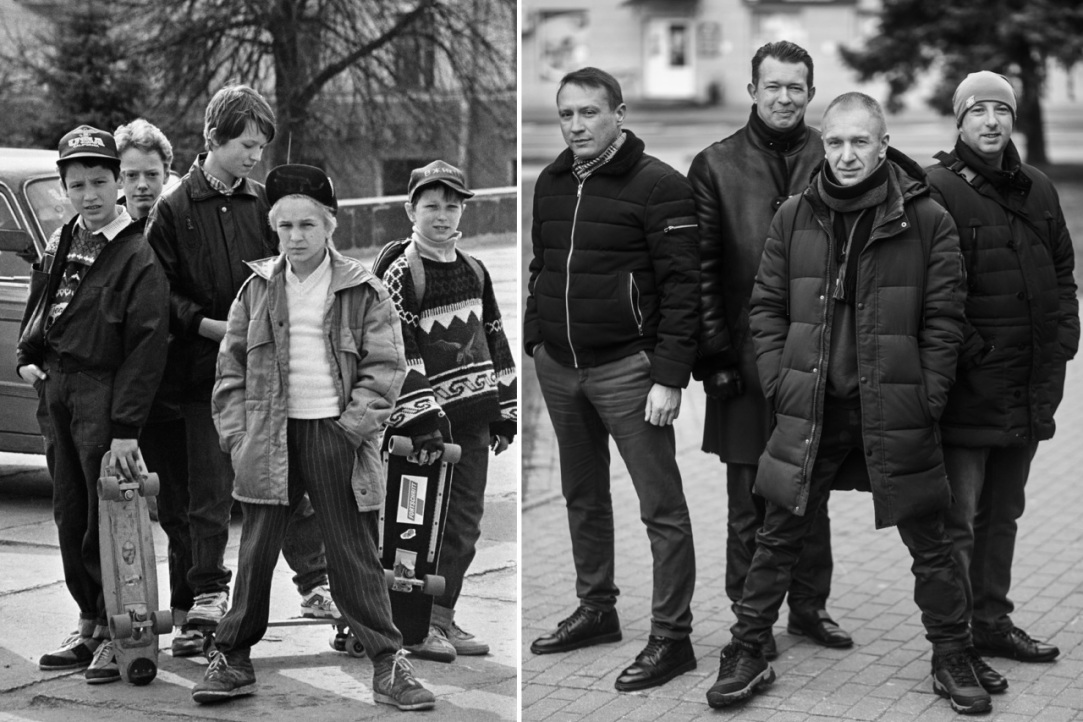
Children of Perestroika Turned out to Be Tougher than Children of the Sixties
Due to the COVID-19 pandemic, people around the world have faced an unprecedented crisis. The cataclysm has impacted Russia as well. Who will better deal the hardships—experienced baby boomers, Gen Xers who survived the 1990s, or Gen Yers who have had an easy life?

The Chain of Life: How Russia is Integrated into Global Production
HSE experts have analyzed the position of Russian non-commodity sectors in global production and opportunities for their revitalization. The researchers believe that long-term sustainable growth of its non-commodity exports can be achieved by repositioning and including them in the global value chain at some more advanced stages than the supply of raw materials and semi-finished products.
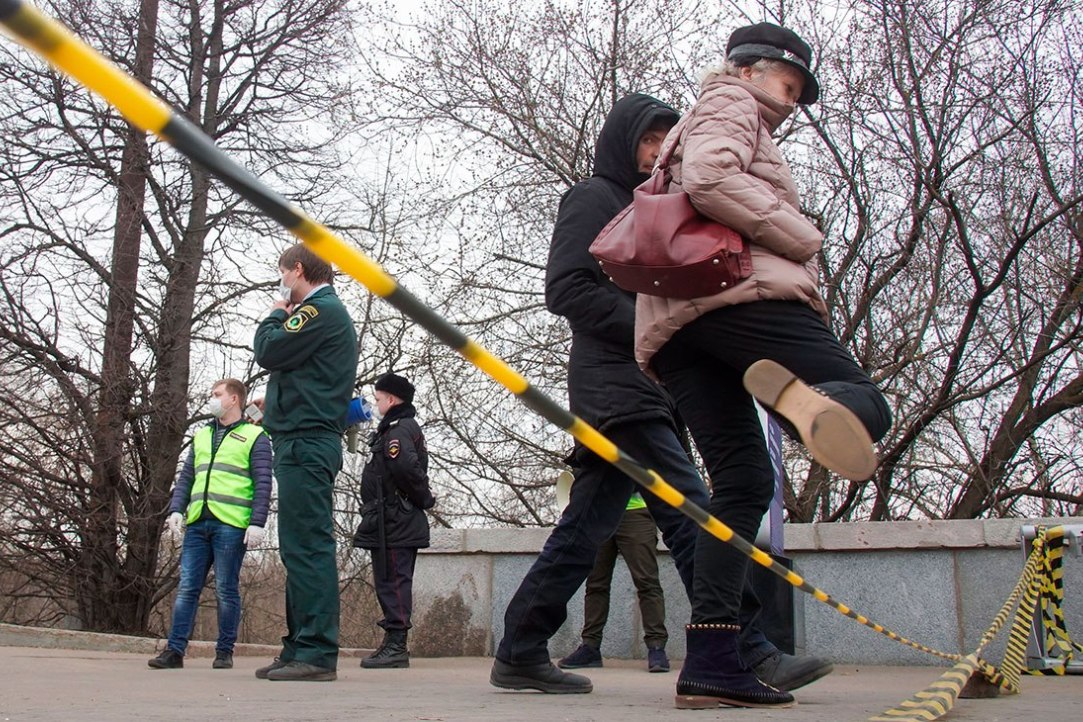
Everybody Ran and I Ran, Too
In lockdowns, why do some people stay home, while others violate the quarantine rules and go out for picnics in the park? Behavioural economics may provide the answer to this question. Oksana Zinchenko, a Research Fellow of the Institute of Cognitive Neuroscience, explains how we can predict people’s behaviour with game theory.

